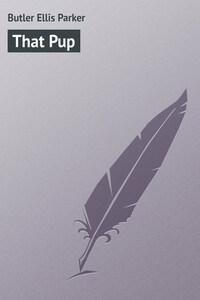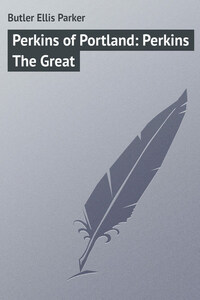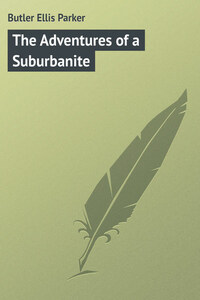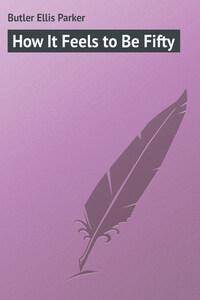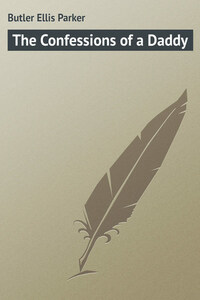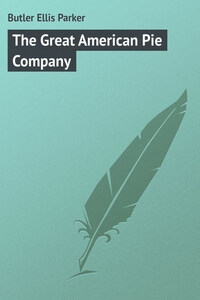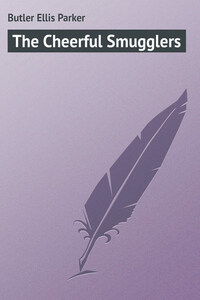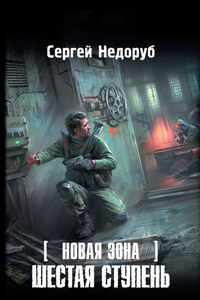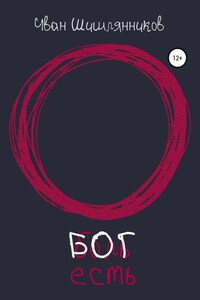I. THE EDUCATION OF FLUFF
Murchison, who lives next door to me, wants to get rid of a dog, and if you know of anyone who wants a dog I wish you would let Murchison know. Murchison doesn’t need it. He is tired of dogs, anyway. That is just like Murchison. ‘Way up in an enthusiasm one day and sick of it the next.
Brownlee – Brownlee lives on the other side of Murchison – remembers when Murchison got the dog. It was the queerest thing, so Murchison says, you ever heard of. Here came the express wagon – Adams’ Express Company’s wagon – and delivered the dog. The name was all right – “C. P. Murchison, Gallatin, Iowa” – and the charges were paid. The charges were $2.80, and paid, and the dog had been shipped from New York. Think of that! Twelve hundred miles in a box, with a can of condensed milk tied to the box and “Please feed” written on it.
When Murchison came home to dinner, there was the dog. At first Murchison was pleased; then he was surprised; then he was worried. He hadn’t ordered a dog. The more he thought about it the more he worried.
“If I could just think who sent it,” he said to Brownlee, “then I would know who sent it; but I can’t think. It is evidently a valuable dog. I can see that. People don’t send cheap, inferior dogs twelve hundred miles. But I can’t think who sent it.”
“What worries me,” he said to Brownlee another time, “is who sent it. I can’t imagine who would send me a dog from New York. I know so many people, and, like as not, some influential friend of mine has meant to make me a nice present, and now he is probably mad because I haven’t acknowledged it. I’d like to know what he thinks of me about now!”
It almost worried him sick. Murchison never did care for dogs, but when a man is presented with a valuable dog, all the way from New York, with $2.80 charges paid, he simply has to admire that dog. So Murchison got into the habit of admiring the dog, and so did Mrs. Murchison. From what they tell me, it was rather a nice dog in its infancy, for it was only a pup then. Infant dogs have a habit of being pups.
As near as I could gather from what Murchison and Mrs. Murchison told me, it was a little, fluffy, yellow ball, with bright eyes and ever-moving tail. It was the kind of a dog that bounces around like a rubber ball, and eats the evening newspaper, and rolls down the porch steps with short, little squawks of surprise, and lies down on its back with its four legs in the air whenever a bigger dog comes near. In color it was something like a camel, but a little redder where the hair was long, and its hair was like beaver fur – soft and woolly inside, with a few long hairs that were not so soft. It was so little and fluffy that Mrs. Murchison called it Fluff. Pretty name for a soft, little dog is Fluff.
“If I only knew who sent that dog,” Murchison used to say to Brownlee, “I would like to make some return. I’d send him a barrel of my best melons, express paid, if it cost me five dollars!”
Murchison was in the produce business, and he knew all about melons, but not so much about dogs. Of course he could tell a dog from a cat, and a few things of that sort, but Brownlee was the real dog man. Brownlee had two Irish pointers or setters – I forget which they were; the black dogs with the long, floppy ears. I don’t know much about dogs myself. I hate dogs.
Brownlee knows a great deal about dogs. He isn’t one of the book-taught sort; he knows dogs by instinct. As soon as he sees a dog he can make a guess at its breed, and out our way that is a pretty good test, for Gallatin dogs are rather cosmopolitan. That is what makes good stock in men – Scotch grandmother and German grandfather on one side and English grandmother and Swedish grandfather on the other – and I don’t see why the same isn’t true of dogs. There are numbers of dogs in Gallatin that can trace their ancestry through nearly every breed of dog that ever lived, and Brownlee can look at any one of them and immediately guess at its formula – one part Spitz, three parts greyhound, two parts collie, and so on. I have heard him guess more kinds of dog than I ever knew existed.
As soon as he saw Murchison’s dog he guessed it was a pure bred Shepherd with a trace of Eskimo. Massett, who thinks he knows as much about dogs as Brownlee does, didn’t believe it. The moment he saw the pup he said it was a pedigree dog, half St. Bernard and half Spitz.
Brownlee and Massett used to sit on Murchison’s steps after supper and point out the proofs to each other. They would argue for hours.
“All right, Massett,” Brownlee would say, “but you can’t fool me. I Look at that nose! If that isn’t a Shepherd nose, I’ll eat it. And see that tail! Did you ever see a tail like that on a Spitz? That is an Eskimo tail as sure as I am a foot high.”
“Tail fiddlesticks!” Massett would reply. “You can’t tell anything by a pup’s tail. Look at his ears! There is St. Bernard for you! And see his lower jaw. Isn’t that Spitz? I’ll leave it to Murchison. Isn’t that lower jaw Spitz, Murchison?”
